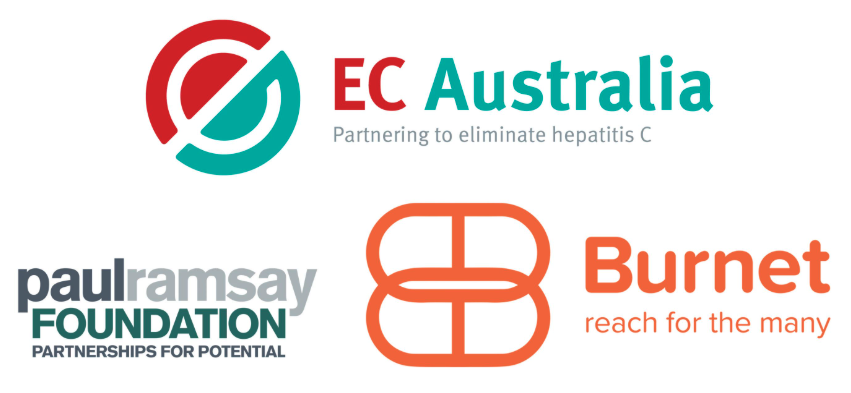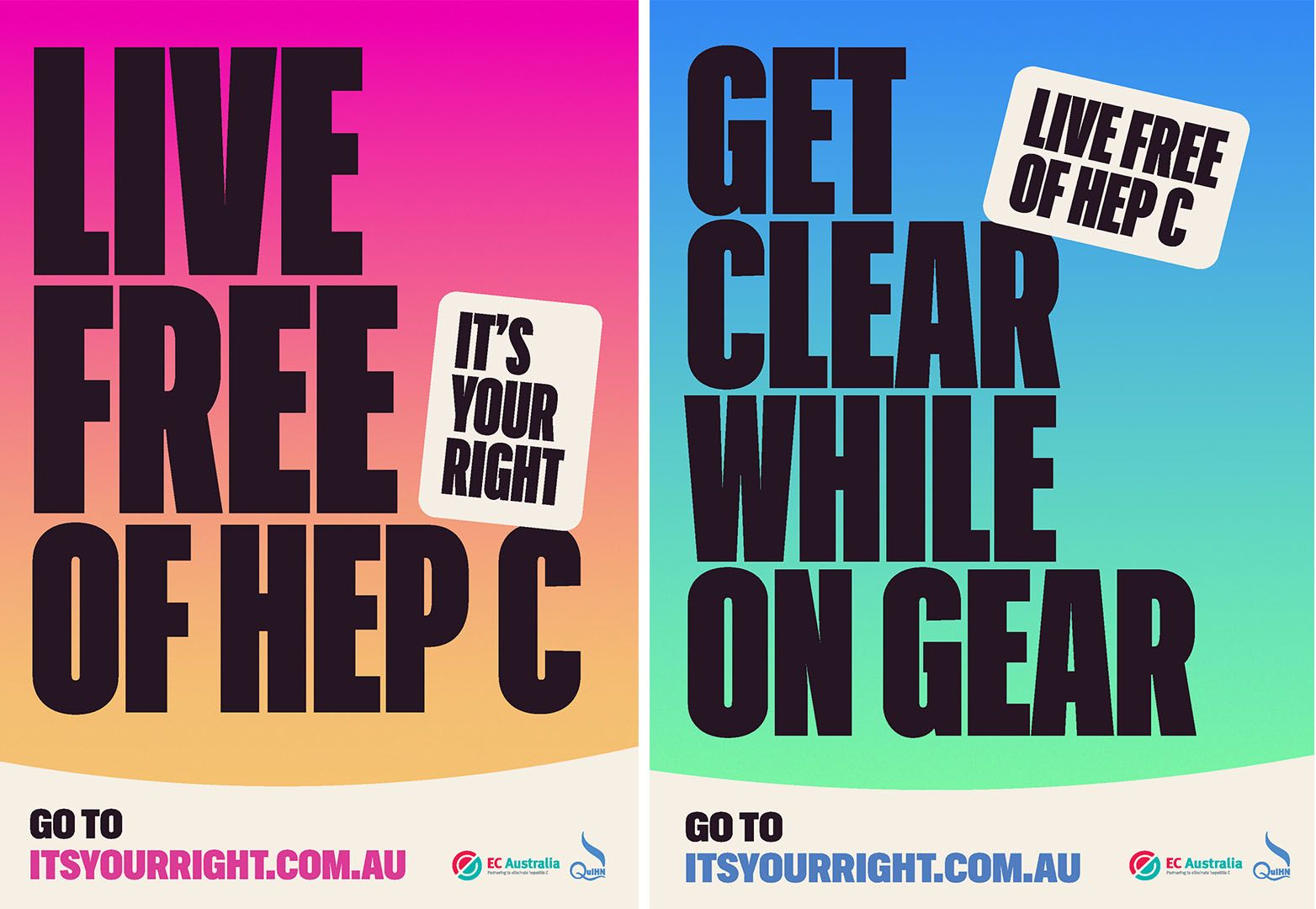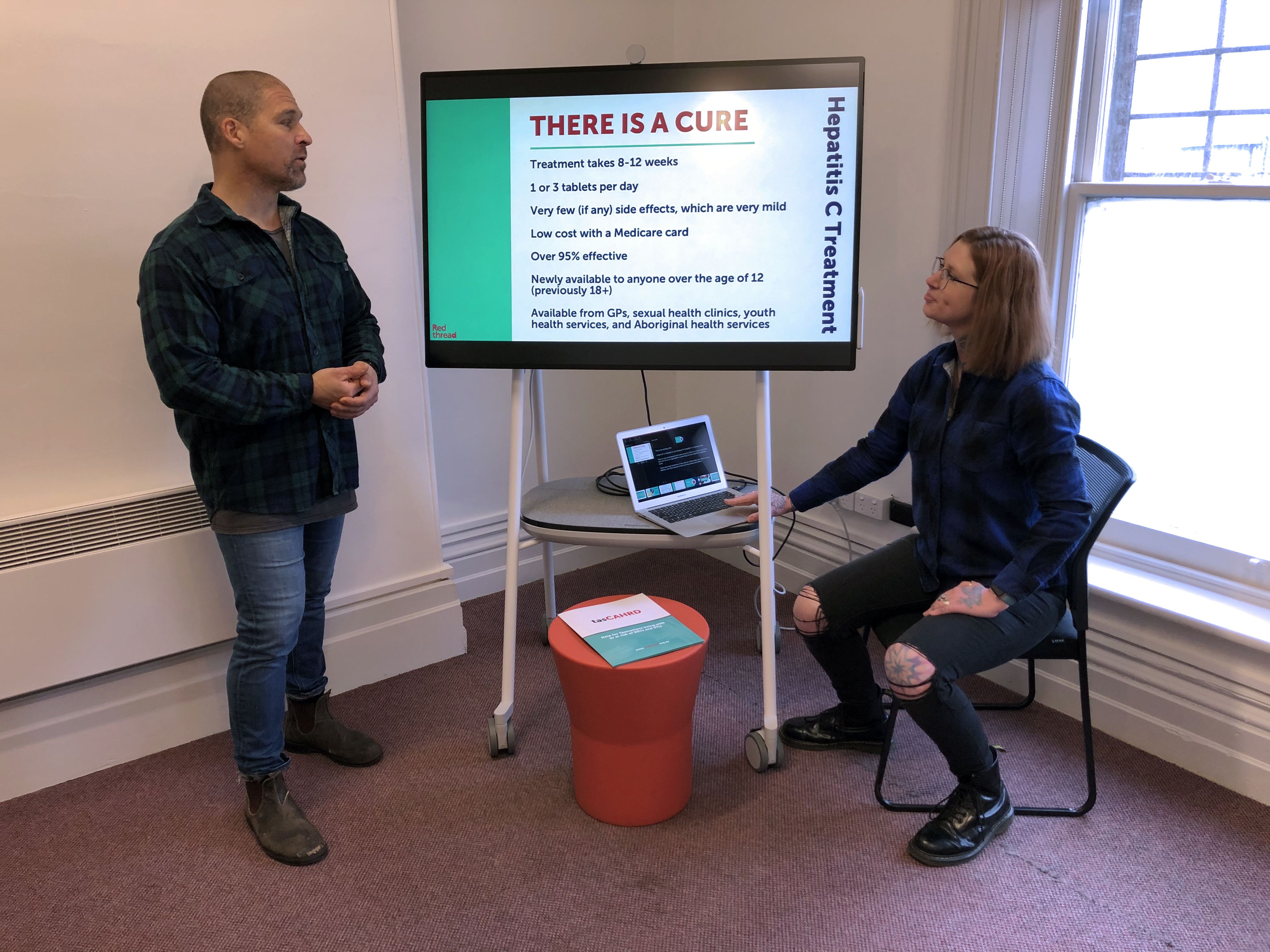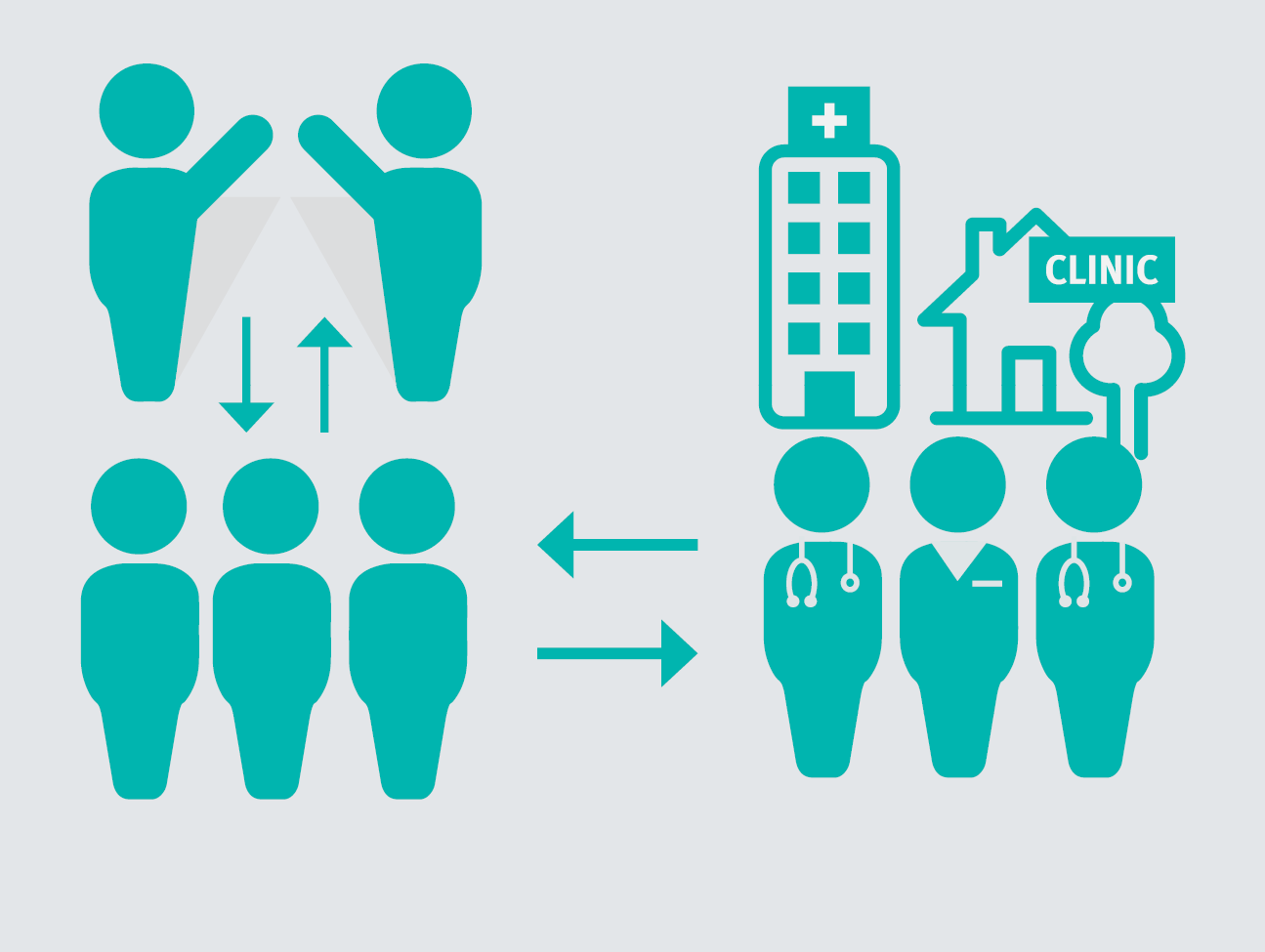EC Australia
Partnering to eliminate hepatitis C as a public health threat by 2030
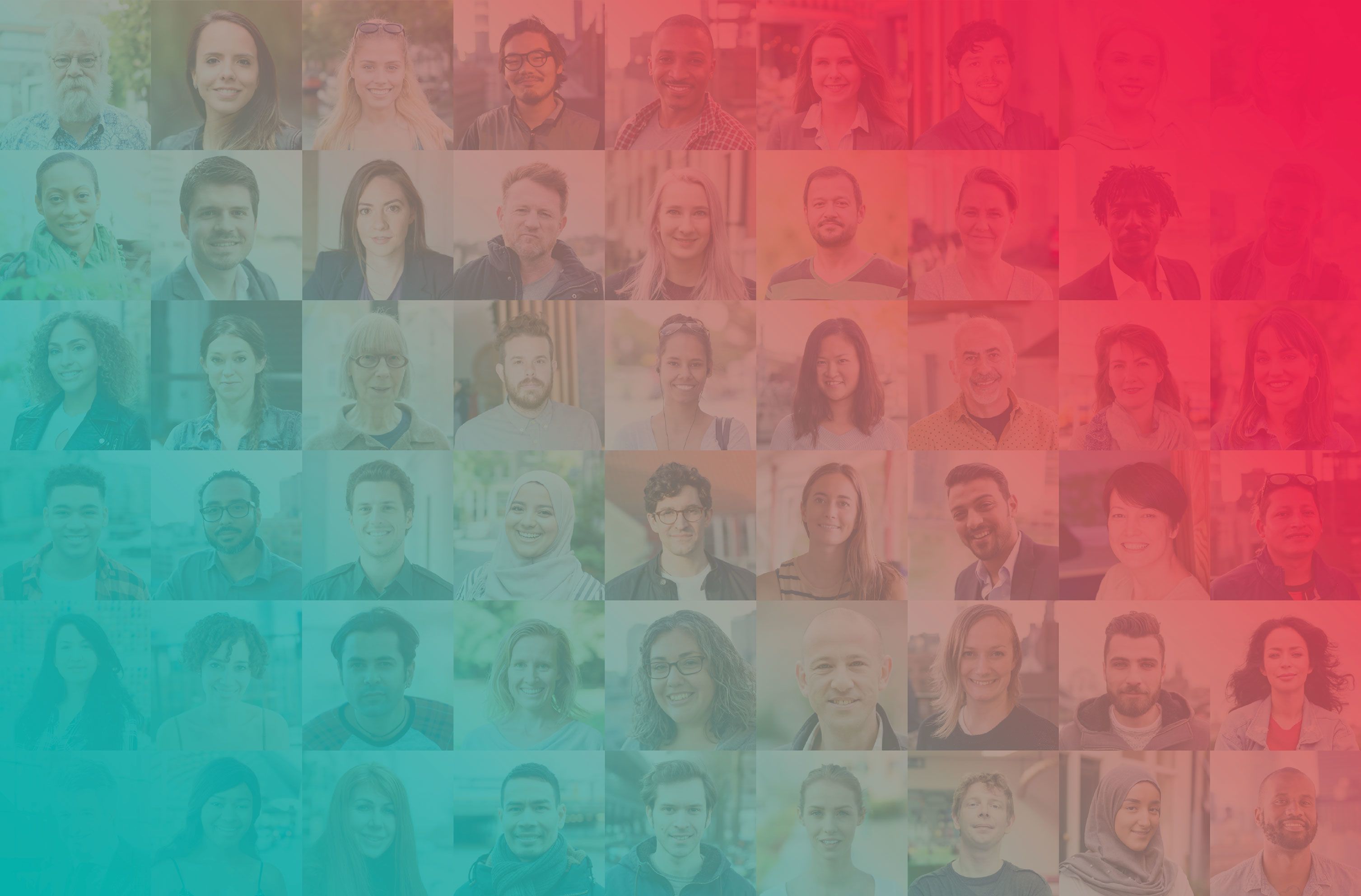
“Working directly with affected communities is at the heart of EC Australia, as they intimately know the problems they face, and the best and most appropriate ways to address these problems."

Foreword
EC Australia brings together researchers, public health specialists, community organisations, government and health services to work in partnership to focus on eliminating hepatitis C as a public health threat in Australia by 2030. The work of EC Australia has five principal components:
- Health promotion
- Workforce development and health services delivery
- Implementation research
- Evaluation and surveillance
- Aboriginal and Torres Strait Islander health strategy
We value the dedication and passion of community leaders and elders, peers, healthcare workers, and researchers in the EC Australia partnership.
Our collective efforts strengthen our work and progress towards hepatitis C elimination.
We pride ourselves on bringing together innovative ideas and evidence-based approaches to help solve the hepatitis C challenge. Led by Burnet Institute, a global leader in hepatitis C research and implementation science focusing on hepatitis C elimination, EC Australia takes a strategic, cohesive and multipronged approach to increase hepatitis C testing and treatment to achieve elimination.
Direct-acting antivirals have revolutionised hepatitis C care. Since becoming available through Australia's Pharmaceutical Benefits Scheme in 2016, nearly 90,000 Australians have been treated for their hepatitis C infection. This is a remarkable effort, but it is vital that our work continues to ensure the estimated 120,000 Australians still infected with hepatitis C are tested, treated, and cured.
We are deeply grateful to the Paul Ramsay Foundation for their support of EC Australia, the Burnet Institute and all EC Australia partners for driving the elimination efforts through evidence and partnership.
While the COVID-19 pandemic has posed unique challenges, I am confident that the resilience and adaptability of our partners has kept us moving forward. I thank our partners and look forward to the next stages of our elimination efforts.
Professor Margaret Hellard AM
Deputy director, Burnet Institute
Purpose and goals
The Eliminate hepatitis C Australia Partnership (EC Australia) is a four-year partnership project formed in 2018 to bring together researchers, implementation scientists, government, health services and community organisations to ensure the whole of Australia sustains high numbers of people accessing hepatitis C treatment to meet our elimination goals.
Hepatitis C in Australia
> Over 100,000 people have been cured of hepatitis C.
> The challenge is finding, testing and linking to care the 68,890 Australians who are living with chronic hepatitis C infection.
Source: Australia’s progress towards hepatitis C elimination: annual report 2024.
Our team
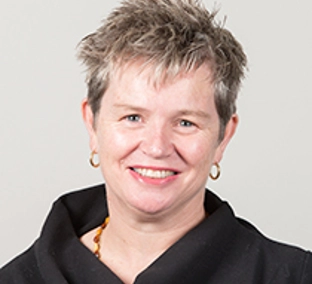
Professor Margaret Hellard AM
Deputy Director (Programs)
Adjunct Professor, Monash University, DEPM
Primary Investigator and
Technical Lead for
Implementation Research
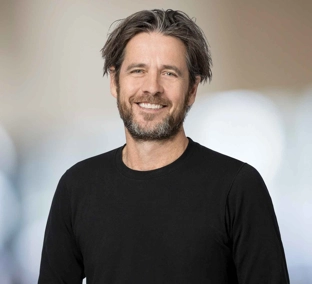
Professor Mark A Stoové
Head of Public Health
Technical Lead for Evaluation
and Surveillance

A/Professor Joseph Doyle
Deputy Program Director,
Disease Elimination
Co-Head, Viral Hepatitis Elimination
Tecnhical Lead for Workforce Development and Health Service Delivery
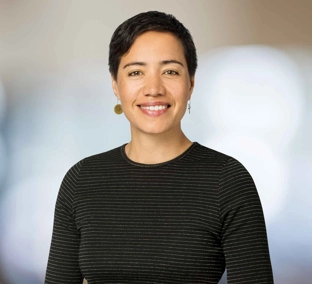
Doctor Alisa Pedrana
Senior Research Fellow
Eliminate Hepatitis C Australia Coordinator

Doctor Jacqui Richmond
Program Manager,
Workforce Development and Health Service Delivery
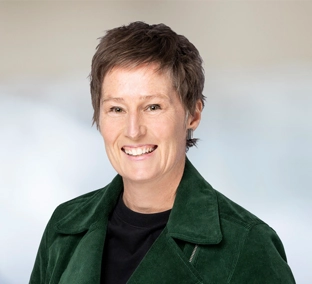
Ms Emily Adamson
Program Manager,
Health Promotion
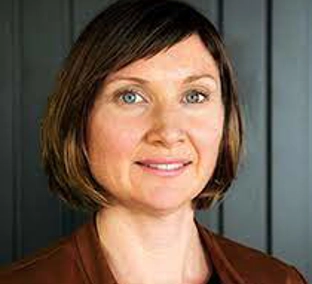
Doctor Anna Wilkinson
Research Fellow
Evaluation and Surveillance
Ms Freya Saich
Lead Policy Officer
Implementation Research
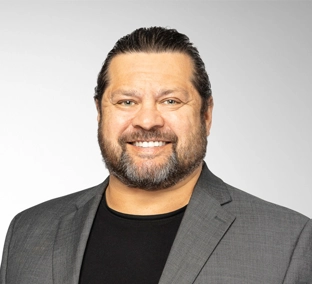
Mr Troy Combo
Program Manager,
Aboriginal and Torres Strait Islander Health Strategy

Doctor Nick Scott
Head, Modelling and Biostatistics Group
Evaluation and Surveillance
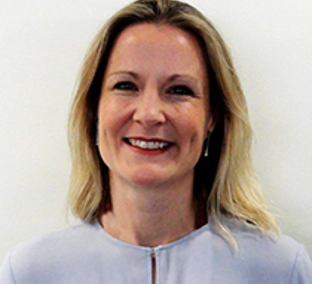
Doctor Jess Howell
Senior Research Fellow
Evaluation and Surveillance
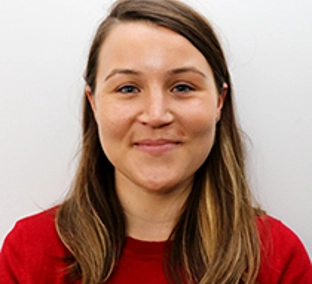
Miss Stephanie Franet
EC Australia Project Manager
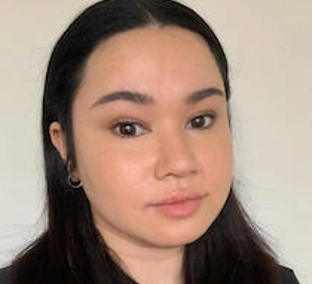
Ms Shannon Christensen
EC Australia Project Officer
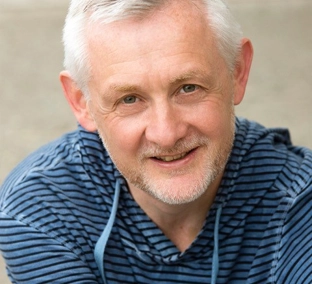
Paul Armstrong
Co-lead Policy and Advocacy, Eliminate Hepatitis C Australia
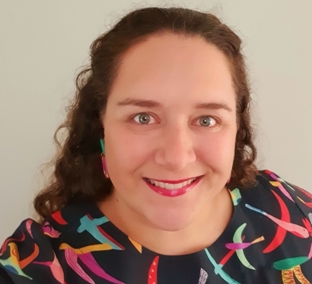
Nicole Matthews
Research Coordinator, Connect C
EC Australia components
EC Australia aims to achieve its goals through five components that work in synergy across the entire program:
- Health promotion
- Workforce development and health services delivery
- Implementation research
- Evaluation and surveillance
- Aboriginal and Torres Strait Islander health strategy
Health promotion
A National Reference Group (NRG) has co-designed a national health promotion campaign, It's your Right, to increase awareness about hepatitis C treatments among people who inject drugs.
The campaign highlights the benefits of treatment, its availability to all, and ways to access. It addresses ongoing stigma relating to injecting drug use. Key messages are adapted for various settings and jurisdictions and are disseminated through peer-led models.
The NRG includes representation from partnership organisations: Australian Injecting and Illicit Drug Users League (AIVL), Harm Reduction Victoria, Hepatitis NSW, NSW Users and AIDS Association (NUAA), Peer Based Harm Reduction WA, La Trobe University, Burnet Institute and members from the AIVL National Peer Network.
More Information
- Visit the It's Your Right campaign website.
- View results from the campaign: Findings from the evaluation of a peer-led national hepatitis C health promotion campaign.
- Learn about the campaign's co-design process: Co-designing ‘It’s Your Right’, a peer-led hepatitis C health promotion campaign for people who inject drugs.
Program manager: Emily Adamson
Workforce development and health services delivery
This component focuses on reducing structural barriers to accessing hepatitis C testing and treatments. It aims to improve the delivery of health services and the streamlining of the hepatitis C care pathway.
Interventions include:
- A national hepatitis C toolkit to assist primary care services to scale up testing and treatment in a long-term sustainable manner
- Innovative educational and quality improvement programs to support the training and mentoring of hepatitis C service delivery across multidisciplinary teams
- The work also involves a strong focus on monitoring and evaluation programs and the sharing of innovative practices and approaches to elimination.
Program manager: Dr Jacqui Richmond
Implementation research
This component seeks to understand how best to increase engagement of key risk populations in hepatitis C care and maintain people throughout the care cascade. Research will explore the impact of key interventions:
- Strategies to increase awareness and engagement in care
- The use of hepatitis C notification data to identify and follow-up people diagnosed with hepatitis C and link them into treatment
- Integration of rapid point-of-care testing into the hepatitis C care pathway to increase and maintain patients in the care cascade, including a trial of same-day diagnosis and treatment models to reduce loss to follow-up care.
Contact ecaustralia@burnet.edu.au for more information.
Evaluation and surveillance
The Burnet and Kirby Institutes publish an annual report on the progress towards hepatitis C elimination in Australia. EC Australia supports the expansion of established surveillance systems and the development of new ones including:
> Australian Collaborations for Enhanced Sentinel Surveillance of Blood Borne Viruses and Sexually Transmissible Infections (ACCESS) to monitor hepatitis C incidence, prevalence, and the care cascade
> A sustainable light-touch e-system to identify cases of hepatitis C related cirrhosis and link them into a liver cancer surveillance program
> An optimisation model to guide scale-up of hepatitis C elimination efforts and future funding priorities, based on cost-effectiveness data.
Contact ecaustralia@burnet.edu.au for more information.
Aboriginal and Torres Strait Islander health strategy
This strategy cuts across the other four key components of EC Australia and will support a holistic, comprehensive and culturally safe approach to hepatitis C care for Aboriginal and Torres Strait Islander people. This component will aim to strengthen partnerships with the Aboriginal Community Controlled Health Organisations (ACCHOS), and peer-drug user and the viral hepatitis sectors.
- Health promotion campaign to increase awareness of hepatitis C treatments among Aboriginal and Torres Strait Islander people.
- Supporting ACCHOs and mainstream health services to deliver culturally safe hepatitis C care.
- Providing a clearer understanding of progress towards hepatitis C elimination among Aboriginal and Torres Strait Islander peoples.
Program manager: Mr Troy Combo
Resources
Social impact analysis
EC Australia authorship guidelines
- EC Australia authorship guidelines
- -- Appendix 1 - Manuscript concept sheet template
- -- Appendix 2 - Membership list
EC Australia showcase: 9–10 November 2022
- Event agenda
- Session recordings: Day 1, Day 2
- Event slide decks: Day 1, Day 2
- Event pictures
Workforce development infographics
Reports and publications
EC Australia reports
- EC Australia annual report - 2022
- EC Australia annual report - 2021
- EC Australia annual report - 2020
- HCV notification data report - 2020
- EC Australia annual report - 2019
Australia's progress towards hepatitis C elimination – Annual Reports
Poster presentations
- Findings from the evaluation of a peer-led national hepatitis C health promotion campaign Adamson E, Walsh L, Leyden E, Dicka J, Sidaway P, Holly C, Gava P, Pepolim L, Mickelo C, Christensen S, Combo T, Hellard M, Pedrana A, and on behalf of the EC Australia National Reference Group.
- Co-designing ‘It’s Your Right’, a peer-led hepatitis C health promotion campaign for people who inject drugs Walsh L, Leyden E, Adamson E, Christensen S, Dicka J, Hellard M, Pedrana A, and on behalf of the EC Australia National Reference Group
Capacity building workshops
Four capacity building workshops have been delivered to members of the Eliminate hepatitis C Australia (ECA) partnership. The topics and length of these workshops were developed through consultation with project partners participating in ECA.
- Workshop 1 – How to write a survey for public health
- Workshop 2 – Introduction to REDCap
- Workshop 3 – How to visually present data
- Workshop 4 – Hepatitis C Surveillance 101
Recordings and webinars
- ASHM and EC Australia: eliminating hepatitis C during COVID-19
Melinda Hassall from ASHM discusses her organisation's success in moving face-to-face BBV and STI training online during COVID-19 restrictions. - QuIHN and EC Australia: Eliminating hepatitis C during COVID-19
Esha Leyden, Peer Harm Reduction Worker at QuIHN shares how she has consulted with hepatitis C patients over the phone during COVID-19 restrictions, and how she ensures they get onto treatment. - TasCAHRD and EC Australia: Eliminating hepatitis C during COVID-19
Robert Johnston from the Tasmanian Council on AIDS, Hepatitis & Related Diseases discusses how his organisation has pivoted to deliver hepatitis C education via Zoom, and the success of this initiative. - Tasmanian Statewide Sexual Health Service and EC Australia: Eliminating hepatitis C during COVID-19
Megan Hughes and Karen Moore from the Tasmanian Sexual Health Outreach Service discuss the success of running hepatitis C testing days at a local needle and syringe program in the greater Hobart region, where many patients feared the stigma of visiting a general practitioner or don't tend to engage with GPs.
View all webinars and recordings on the EC Australia YouTube channel.
Our partners
Kirby Institute
Doherty Institute
Menzies School of Health Research
South Australia Health and Medical Research Institute
Australasian Society for HIV Medicine
Australian Hepatology Association
Australian Medical Association
Australian Primary Health Care Nurses Association
Gastroenterological Society of Australia
Royal Australian College of General Practitioners
Pharmaceutical Society of Australia
Hepatitis Australia
Hepatitis ACT
Hepatitis NSW
Hepatitis QLD
Hepatitis SA
Hepatitis VIC
Hepatitis WA
Northern Territory AIDS and Hepatitis Council
Australian Federation of AIDS Organisations
Australian Injecting and Illicit Drug Users League
Canberra Alliance of Harm Minimisation and Advocacy
Harm Reduction Victoria
NSW Users and AIDS Association
Peer-Based Harm Reduction WA
Queensland Injectors for Advocacy and Action
Sexual Health and Blood Borne Viruses Evaluation Network (SIREN)
Tasmanian Users Health and Support League
Western Australian Network of Alcohol and Other Drug Agencies
Barwon Health
Cairns Sexual Health Service
Danila Dilba Health Service
Health Central Adelaide
Kirketon Road Centre
TasCAHRD
Tasmania Statewide Sexual Health Service
You Yangs Medical Clinic
Aboriginal and Torres Strait Islander Community Health Service
Aboriginal Health Council of Western Australia
Aboriginal Health Services TAS
Aboriginal Victoria
Institute for Urban Indigenous Health
Victorian Aboriginal Community Controlled Health Organisation
La Trobe University
Monash University
University of Melbourne
University of NSW
University of Queensland
University of Sydney
ACT Health
Department of Health TAS
Department of Health QLD
Department of Health NSW
Department of Health NT
Department of Health and Human Services VIC
SA Health
Department of Health WA
Alfred Health
Alfred Hospital
Liverpool Hospital
Princess Margaret Hospital
Royal Adelaide Hospital
Royal Melbourne Hospital
Royal Perth Hospital
Royal Prince Alfred Hospital
St Vincent's Hospital Melbourne
Centre for Social Research in Health
Social Policy Research Centre
Country SA Primary Health Network
East Melbourne Primary Health Care Collaborative
Hunter New England Local Health District
VHITTAL Committee of the North West Melbourne PHN
WA Primary Health Alliance
Telethon Kids
Youth Link
Contact
Associate Professor Alisa Pedrana
alisa.pedrana@burnet.edu.au
Senior research fellow, Eliminate Hepatitis C Australia coordinator
EC Australia
ecaustralia@burnet.edu.au
Acknowledgment of Country
We acknowledge the Traditional Custodians of the land on which Burnet is located, the Boon Wurrung and Wurundjeri people of the Kulin Nations, and recognise their ongoing connection to land, waters and community.


